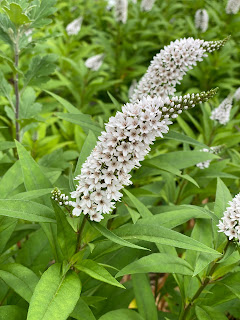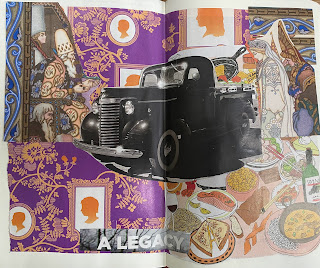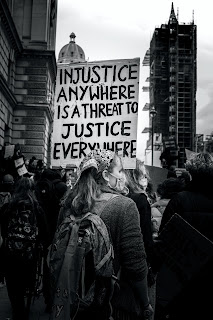Week 1 – Writing as writing, writing as loving, writing as work, writing as play
Okay, so today is my first “official” day back at work. I’m excited to be going back. I’ve been working on syllabi, talking with other faculty, and thinking a lot about what it will be like to teach during the next few weeks – some online, and some in person!
While I often think of my job as primarily being “teaching,”
my time over sabbatical also helped me to understand the role of writing in my
job. My writing can inform my teaching,
my writing is informed by my teaching, my writing is a way of thinking, and my
writing is my art. I think I felt teaching – as in being in front of a class,
developing and delivering curriculum, facilitating experiences – was my primary
job because it is highly prized at Lesley.
Lesley College began as a women’s college and as a kindergarten teacher’s
training school. There is an interesting
description of Edith Lesley Wolfard, the founder of Lesley U, in a book called A
century of innovation: Lesley University.
Again, it’s interesting to think of the period in which Lesley was founded (1909) in the context of the greater Boston and US culture of the time. What did it mean for a woman to start a “normal school?” Who had access to this education and who did not? And what of the larger American educational system? What did it mean to be a female teacher?
Anyway, teaching has long been “women’s work” – different from being a scholar, or a theorist – or a writer. Also, for the first 13 years of teaching at Lesley, I was pursuing my doctoral degree, and still uncertain about what it meant to claim this identity as “scholar.” And even though writing has long been a passion, I am quite ambivalent about identifying myself as a “writer.” Two sabbaticals ago, I took an autobiographical writing course, and had a short story published in a collection of essays written about cross-class experiences. My essay, The floors of the Met, was later published by the Utne reader, and that was a small experience of feeling that perhaps I could be a writer.
Anyway, fast forward to now, I am learning how to write and continue to write. The title of this post is inspired by Alice Walker, and her book, In search of our mothers’ gardens: Prose. Walker begins the book with a several definitions of the word “womanist.” Here is number 3:
3. Loves music. Loves dance. Loves the moon. Loves the Spirit. Loves love and food and roundness. Loves struggle. Loves the Folk. Loves herself. Regardless.
Brown, C. F. (2011). Edith Lesley Wolfard: the founder of Lesley University. In C. F. Brown & M. Forinash, Eds., A century of innovation: Lesley University (pp. 23-49). PublishAmerica.
Walker, A. (2011). In Search of Our Mothers' Gardens: Prose. Open Road Media. Kindle Edition.




Comments